Backyard Bird Life: January


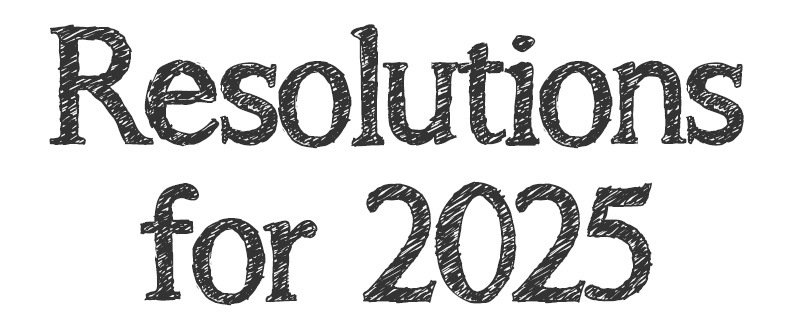
Feeding wild birds has been a pastime for thousands of years, and it’s seen real resurgence over the last decade. Whether you’re just getting into backyard birding or have maintained feeders for years, here are a few new year’s resolutions that can enhance your enjoyment of this exciting, earth-friendly hobby.
1. Make your own mixes.
Of course, CountryMax has a fantastic lineup of different blends. But, just like cooking, sometimes it’s fun to create your own special combinations. Start with black oil sunflower seeds and add peanuts, safflower seed, corn or other favorites. You may delight your regulars, or attract some new feathered friends. As prices for black oil sunflower seed come down, it’s easier to experiment with variety.

3. Discover Oriole and Hummingbird feeders.
Migrating from hundreds, even thousands of miles away, these colorful and fascinating birds add a whole new dimension to your backyard birding experience. They prefer nectars and jellies, and are partial to moving water features. A little research goes a long way in attracting these special birds. Prep now for spring migration into New York State.

4. Take more photos.
With the quality of today’s camera phones, there’s no reason not to snap a few photos of the visitors at your feeder. Want to step up your game? Pick up a DSLR and telephoto lens to zoom right in.

5. Introduce a friend to backyard birding.
Share your passion for wild birds with friends and relatives of almost any age.
The Wild Bird Market at CountryMax has everything you need to help someone get started.
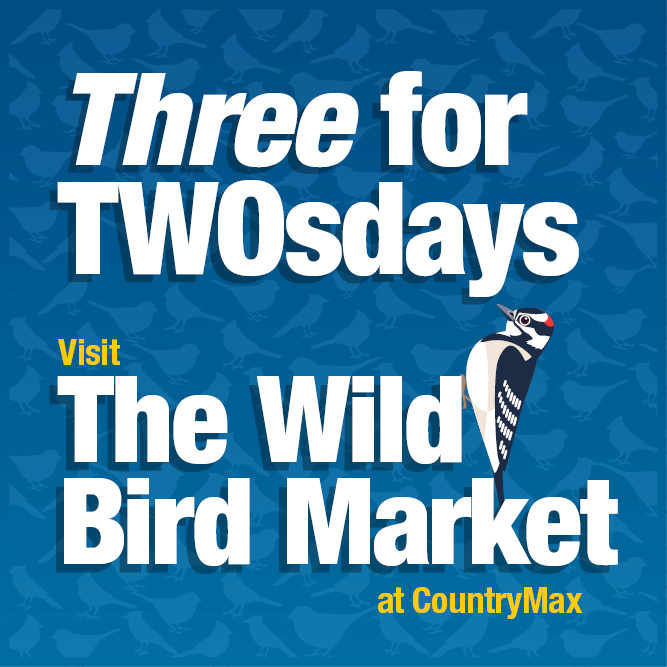
In-store sales. Max Rewards members only.
No rainchecks. Buy two at regular price, get a free bag of same size and SKU.
Visit The Wild Bird Market at CountryMax
We’re giving you a new reason to love Tuesdays: Buy two, get one free on wild bird seed! Every week is a new, money-saving deal that not only gets you more seed for your feeders, but also more Max Rewards points.
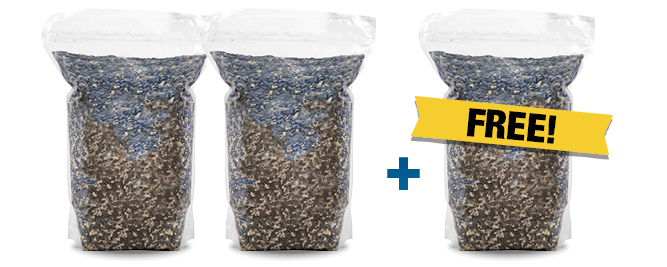

According to Bill Thompson, III at Bird Watcher’s Digest
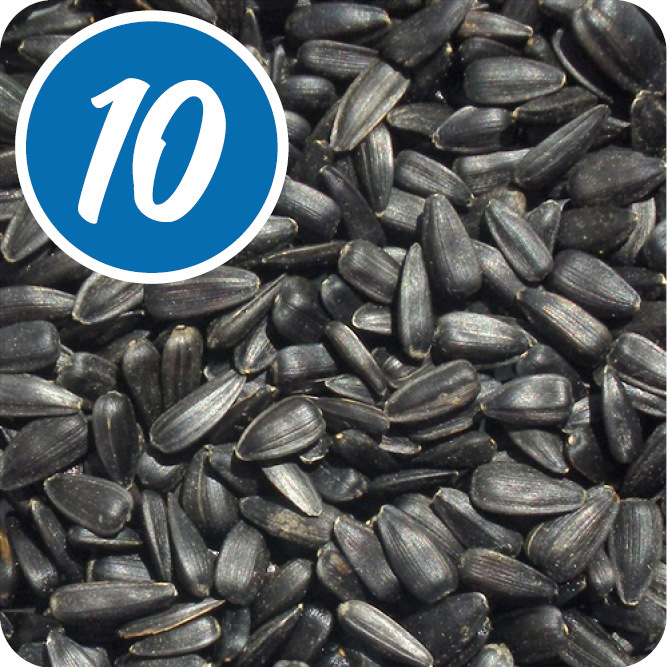
Black-oil
sunflower seed
Thompson calls this seed the “hamburger” of the bird world. We couldn’t agree more.
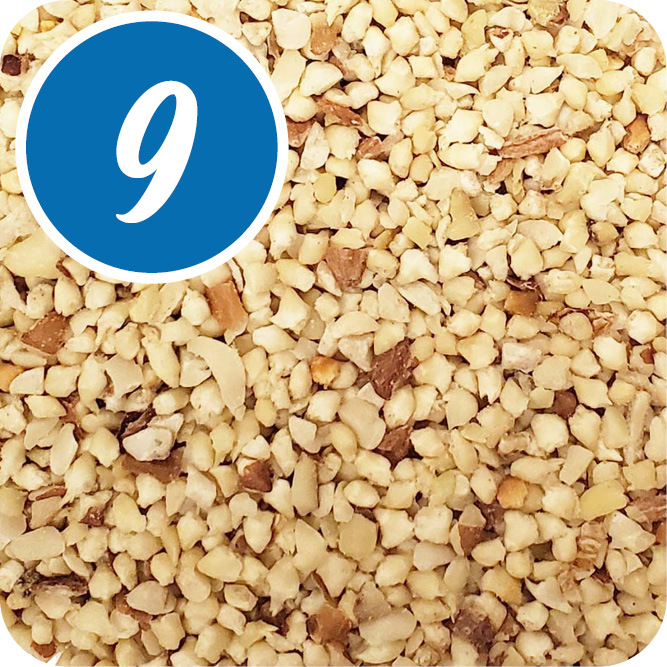
Peanuts
De-shelled, dry-roasted, and unsalted, all kinds of birds love this high-protein food.
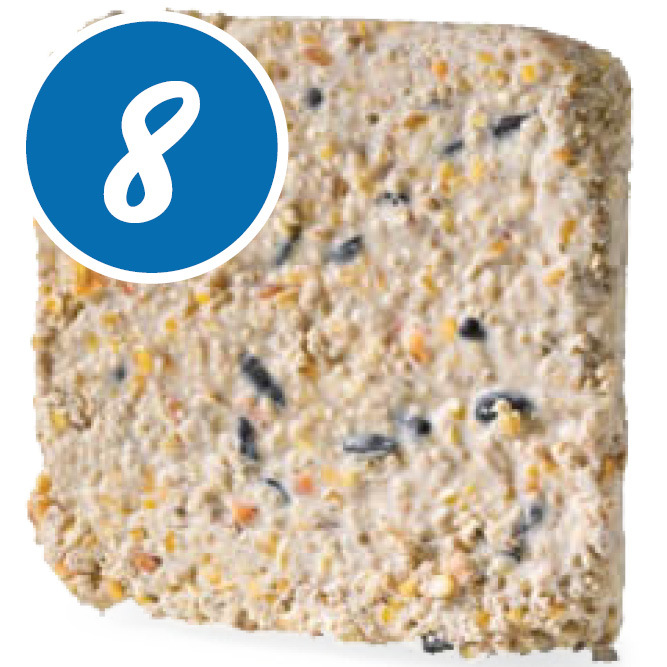
Suet
Easy to store. Easy to put in specially designed feeders. Fantastic cold-weather nutrition source for birds.
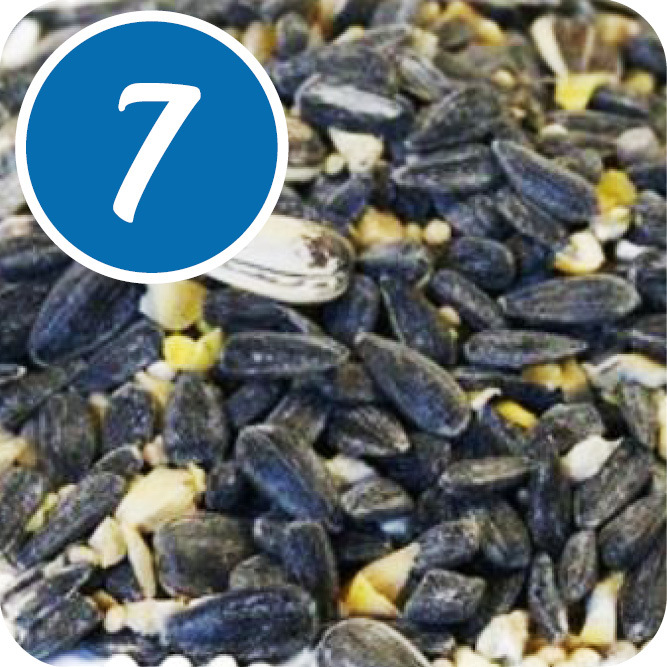
Avoid the junk, and include plenty of sunflower seed, cracked corn, white proso millet, maybe even peanut hearts.
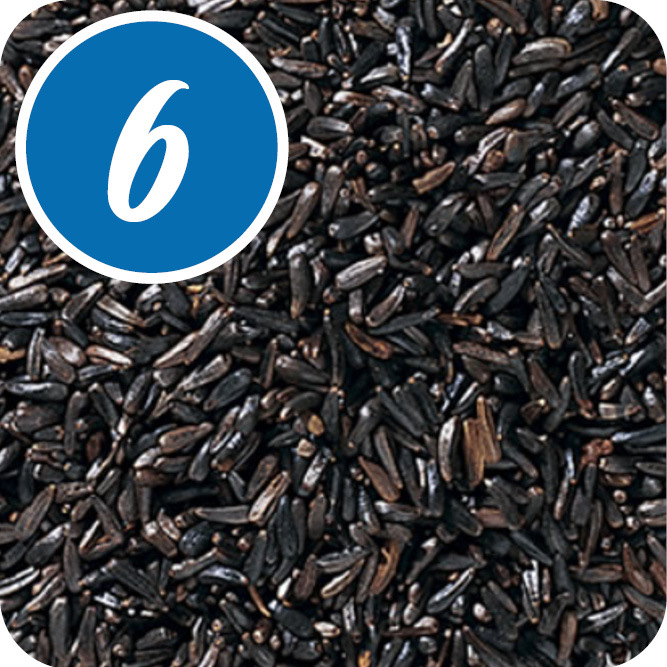
Thistle seed
Finch’s favorite! Visit CountryMax for a tube feeder with small thistle-seed-sized holes.
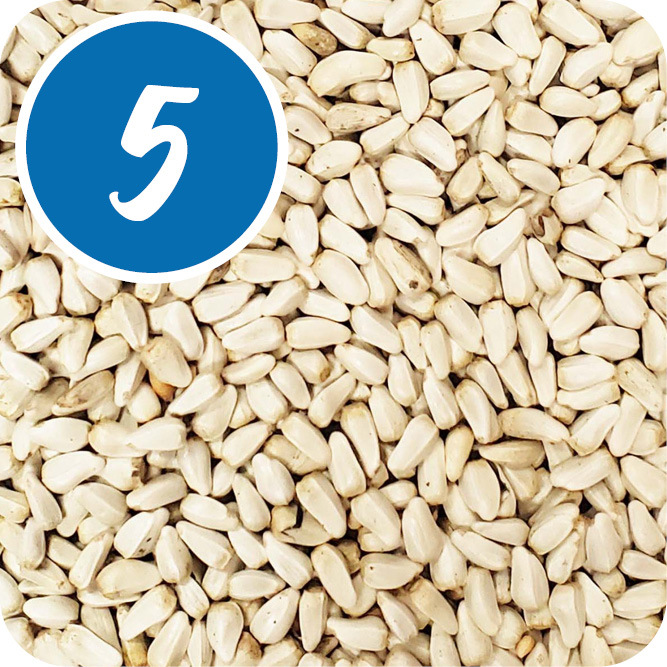
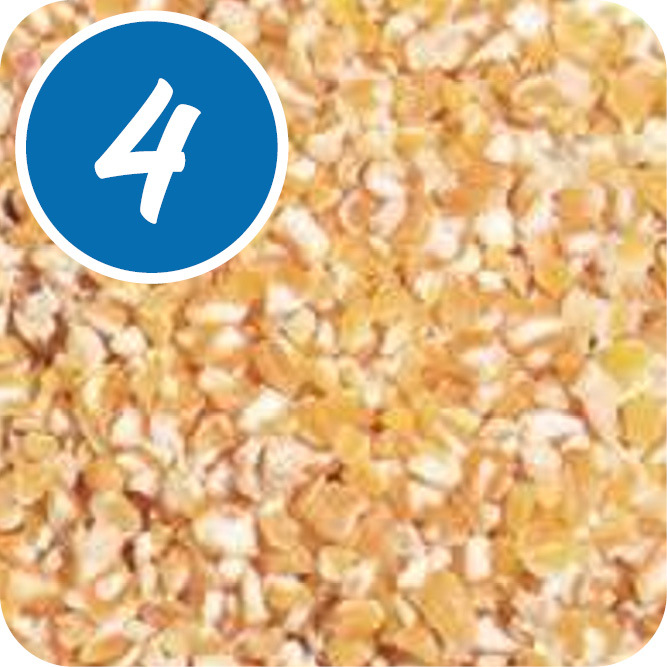
Sparrows, jays, doves, even quail like cracked corn. Fair warning, though. Squirrels are big fans, too.
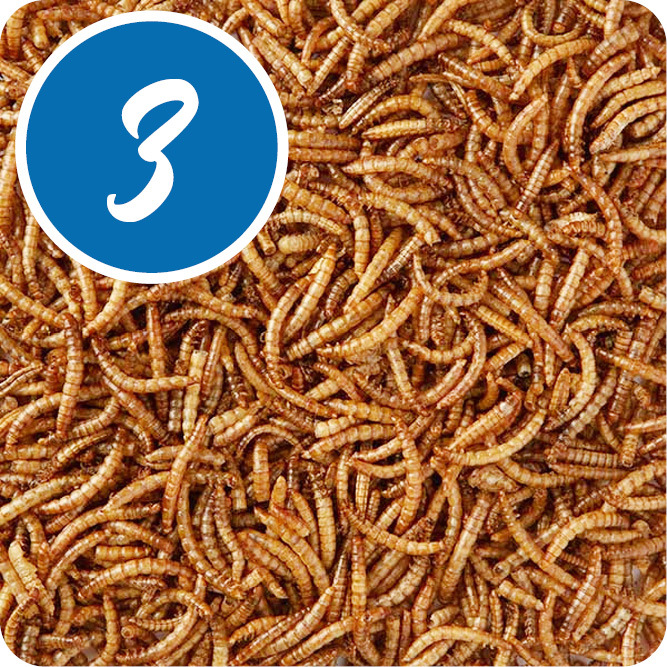
Mealworms
News flash: birds eat worms!
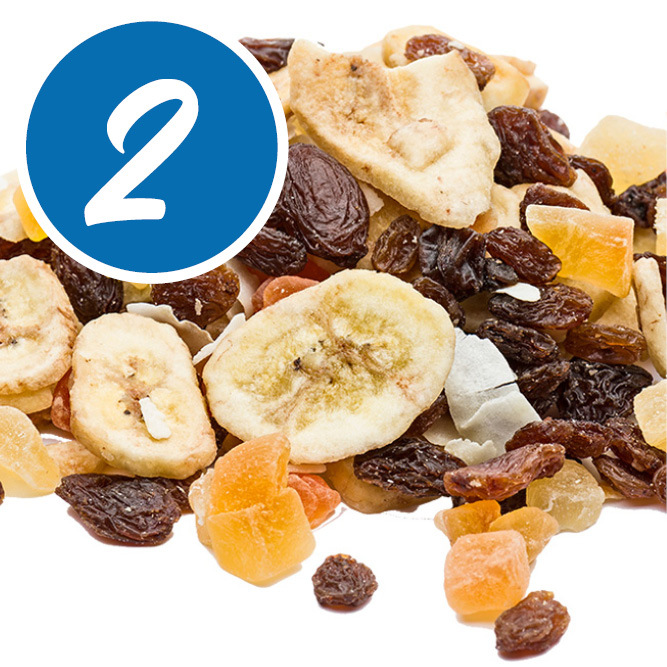
Fruit
This may be more of a surprise. Grapes, sliced oranges, apples or even bananas are a welcome site to most birds, especially in wintertime.
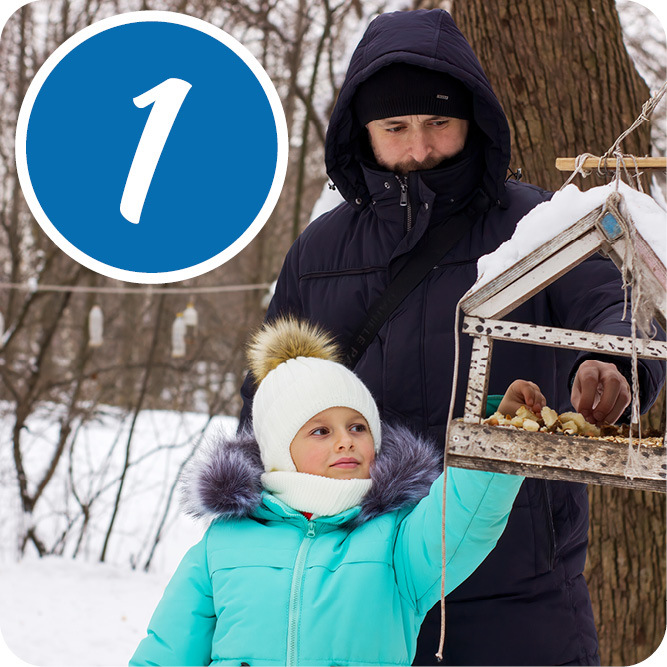
Homemade Bird Treats
Get creative and your feathered friends will visit even more often!

A few foods you never want to put out for your birds
CountryMax has all kinds of seeds and suet to fill your feeders. Here are some favorite human foods you should never put in the feeder, especially in winter when birds may be most tempted to eat them.
Milk
When water is frozen or hard to find, birds will drink what’s available. Milk is a bad idea because it causes dangerous diarrhea and dehydration.
Chocolate
How can something people love so much be so dangerous for other species? Chocolate is toxic for birds (and dangerous for dogs, too). Guess you’ll have to keep all the chocolate for yourself.
Salt
Salt can adversely affect a bird's nervous system. In fact, don’t even add salt to your bird baths to prevent freezing because birds may take a drink.
Meat
While it may not be inherently dangerous to birds, meat will more likely attract cats, rats, even foxes to your feeder.
Bread
With little nutritional value for birds, bread makes it harder for them to stay strong and healthy in winter.
Spoiled seed
Your intentions may be good, but always check wild bird seed before you put it out. If clumped, wet or sprouting, replace with fresh, dry seed.


